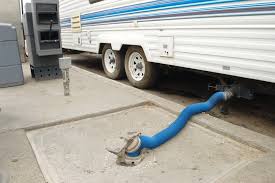Hauled waste is waste transported by haulers and discharged to a publicly owned treatment works (POTW) by a conveyance other than a pipe (e.g., by truck or rail). Hauled waste might be sewage or domestic waste, or it might include non-domestic waste or a combination of both types of waste. The term “hauled waste” merely refers to the waste transportation method to the POTW.
Hauled waste might include:
- chemical toilet waste,
- domestic septage,
- groundwater remediation site waste,
- grease and sand trap waste,
- restaurant grease,
- hazardous waste,
- landfill leachate,
- nonhazardous commercial and industrial (categorical and noncategorical) waste, and
- wastewater from hydrofracturing or other drilling processes.
Hauled waste can cause adverse impacts to a POTW because it is usually more concentrated than typical domestic wastewater and might not be equalized when discharged. Adverse impacts could include:
- pass through,
- interference,
- sludge contamination, and
- hazards to POTW personnel.
To help prevent these adverse impacts, the POTW must adequately control the discharge of hauled waste to its treatment plant. This is done by sampling and analyzing each load that is hauled in, to determine the disposal location, digestion, or treatment.
 RV OWNERS
RV OWNERS
The Fond du Lac Regional Wastewater Treatment & Resource Recovery Facility has an RV dump station where customers are welcome to use our receiving station during business hours, Monday-Friday from 7:00 a.m. until 3:30 p.m. There is no charge for RVs to dump gray/black water. This site is available for use April-November.
